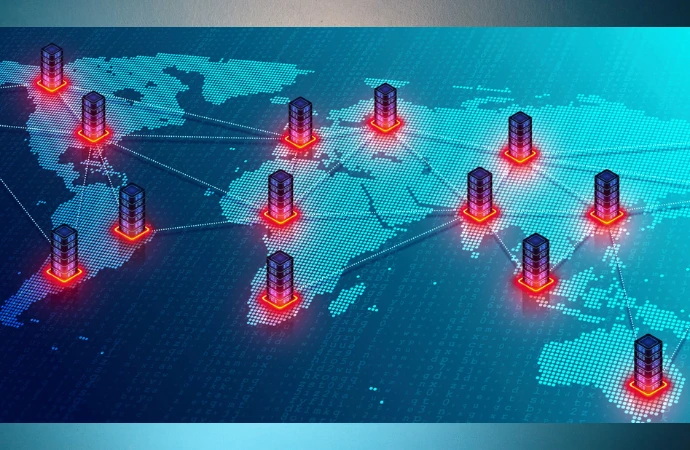In the landscape of cybersecurity threats, distributed denial-of-service (DDoS) attacks persist as a significant menace, particularly for healthcare institutions. Similar to a relentless virus, these attacks continue to mutate and adapt in response to defences, posing serious challenges for organisations worldwide. At its core, a DDoS assault inundates a target network with a deluge of simultaneous requests, resulting in a denial of service. No sector is immune; any entity with an online presence faces vulnerability.
The Costly Fallout: Impact of DDoS Attacks on Healthcare Institutions
The consequences of DDoS attacks extend far beyond mere inconvenience. Fitch Ratings, a financial agency, issued warnings regarding the potential aftermath of successful cyber assaults on hospitals following a series of attacks last year. Among the targets were several U.S. hospitals, including Jefferson Health in Pennsylvania and Atlanticare in New Jersey, victimized by a Russian hacktivist group. These incidents underscore the escalating threat level faced by healthcare providers, with the financial toll of downtime alone averaging $6,130 per minute, as reported by Radware.
Surging Threats: Escalating DDoS Attacks Target Healthcare Sector
The trajectory of DDoS attacks is on an upward trajectory, with cybersecurity analysts forecasting continued escalation in 2024. Radware's findings reveal a staggering 120% increase in DDoS attacks from 2022 to 2023, accompanied by a surge in large attack vectors and malicious web transactions. The healthcare sector, in particular, finds itself squarely in the crosshairs, accounting for 15.6% of DDoS attacks in 2023. The proliferation of these attacks is exacerbated by the emergence of sophisticated techniques and a shortage of cybersecurity experts. A key catalyst for the intensification of DDoS attacks is the proliferation of large-scale Internet of Things (IoT) botnets, which leverage infected computers to execute assaults without requiring substantial computing power. These botnets, coupled with the expanding IoT landscape, furnish attackers with a broad array of vulnerable targets, further fueling the onslaught.
Adaptive Defense: Robust Strategies Against Evolving DDoS Threats
The arsenal of DDoS tactics encompasses a diverse array of techniques, each evolving in sophistication to circumvent countermeasures. Volumetric attacks inundate networks with data, while application-layer assaults target specific services, and protocol attacks exploit vulnerabilities in network protocols. Particularly insidious are Zero-Day DDoS attacks, which exploit novel vulnerabilities, posing challenges for detection and mitigation. In response to this escalating threat landscape, robust DDoS mitigation strategies are imperative. Effective solutions must swiftly detect and mitigate a spectrum of attacks, leveraging behavior-based detection and innovative technologies such as Machine Learning (ML) and Artificial Intelligence (AI). By dynamically adapting to evolving threats, these solutions offer comprehensive protection against both present and future attacks. Internet service providers (ISPs) emerge as pivotal allies in the battle against DDoS attacks, leveraging their infrastructure and expertise to deliver swift detection and mitigation. By integrating DDoS protection into their service offerings, ISPs offer streamlined support and enhanced visibility into attack lifecycles, empowering organizations to fortify their defenses against evolving threats.
Ultimately, the battle against DDoS attacks is an ongoing endeavor, characterized by relentless innovation on both sides of the cybersecurity divide. As attackers continue to refine their tactics, organizations must remain vigilant, fortifying their networks with advanced protection solutions capable of rapidly detecting, reacting, and adapting to emerging threats. By embracing a proactive approach to cybersecurity, organizations can safeguard their operations and preserve the integrity of critical services in the face of relentless cyber assaults.
Source Credit: Healthcare IT Today
Image Credit: iStock








